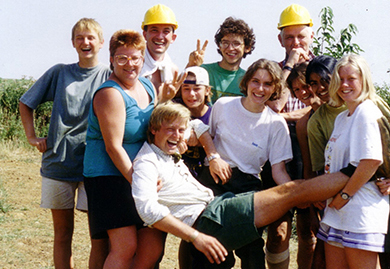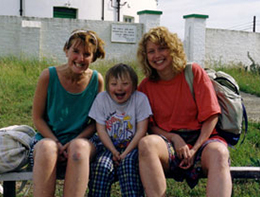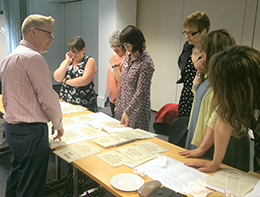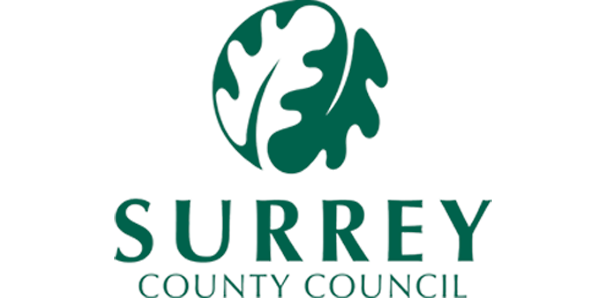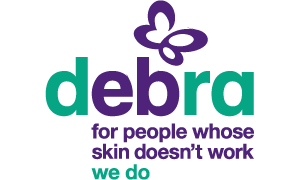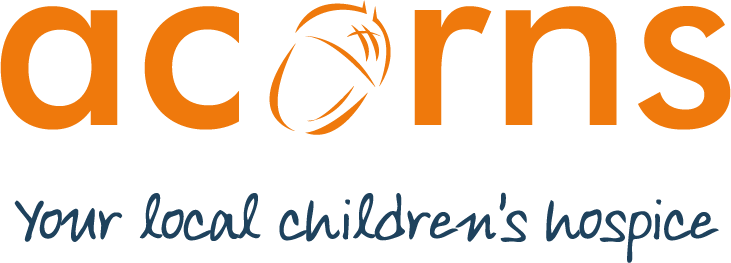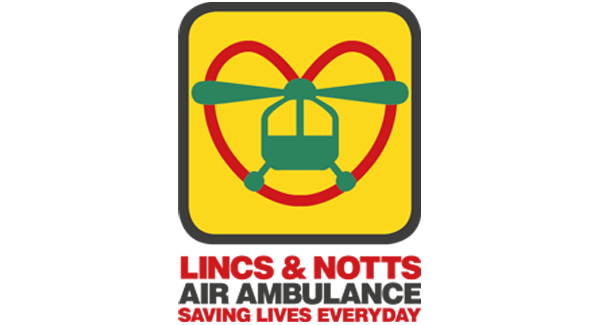Assertiveness
This 3 day course is practice based and spread over a number of weeks (allowing participants to identify specific areas in life they would like to change and then trying out assertive tools and techniques to effect that change). Some people find this training difficult as it challenges the areas they find hard to confront where others find it life changing.
Course Aims
- Improve interpersonal skills
- Communicate more effectively with others
- Develop confidence and negotiation skills
- Start applying simple assertiveness tools in everyday life
Day 1 - Training
Day 1 is designed to introduce participants to the basics of the assertiveness model. It underpins the whole 3 day course and any personal development on or away from the training (individual or group practice).
Course Objectives
- Define what Assertiveness is (the skills) and what it isn't
- Explore what our 'rights' are and associated 'responsibilities'
- Undertake a practical exercise on making and refusing a request
- Identify the 4 classic behaviour types
Course Programme
- Welcomes and Housekeeping
- Participant Introductions
- Group Agreement
- Hopes & Anxieties
- Introduction To assertiveness
- Basic Assertiveness Skills (Model)
- Bill of Rights and Responsibilities (Framework)
- Making a request - (introducing the skills)
- Refusing requests
- Classic Behaviour Types
__________________________________________________
Day 2 - Training
(Delivered about 3-4 weeks after Day 1)
Day 2 is designed to build on learning from Day 1 and any subsequent individual practice. Participants should by now have identified specific areas in their lives they would like to change bringing those examples in to the small group practice sessions, trying out various assertive tools and techniques in a safe environment, to effect longer term change.
Course Objectives
- Discover how to manage thoughts and feelings
- Explore the importance of body language in communication
- Consider how the messages we learnt when growing up can affect our behaviour
- Identify how to respond to criticism
Course Programme
- Welcomes and Housekeeping
- Review of Day 1
- Group Agreement
- Participant Updates
- Thoughts and Feelings
- Body Language & Comfort Zones
- Making a Request & Body Language
- Internalised Conditioning
- Refusing requests
- Giving Feedback & Constructive Criticism
- Listening & responding to criticism & feedback
_________________________________________________
Day 3 - Training
(Delivered about 3-4 weeks after Day 2)
Day 3 of this workshop is designed to build on the learning from Day 1 and Day 2 along with any subsequent individual practice participants have undertaken. At the end of the day, participants should be more confident in their understanding and practice of the assertive journey and have all the tools and information they need to go out and put it in to practice.
Course Objectives
- Establish the difference between being aggressive or being assertive
- Explore how to confront people / issues assertively
- Consider how to disclose personal information
- Identify how to give and receive compliments
Course Programme
- Welcomes and Housekeeping
- Review of Day 1 & 2
- Group Agreement
- Participant Updates
- Thoughts and Feelings
- Anger & Assertiveness
- Assertive Confrontation
- Assertive Versus Aggressive
Course Duration
3 x 6.25 hours (i.e. 10am to 4:15 pm)Including breaks and 40 minutes for lunch
3 x 6.25 hours (i.e. 10am to 4:15 pm)
Including breaks and 40 minutes for lunch
This course is suitable for
- In-house 'face to face' training only
_______________________________________________________
- In-house 'face to face' training only
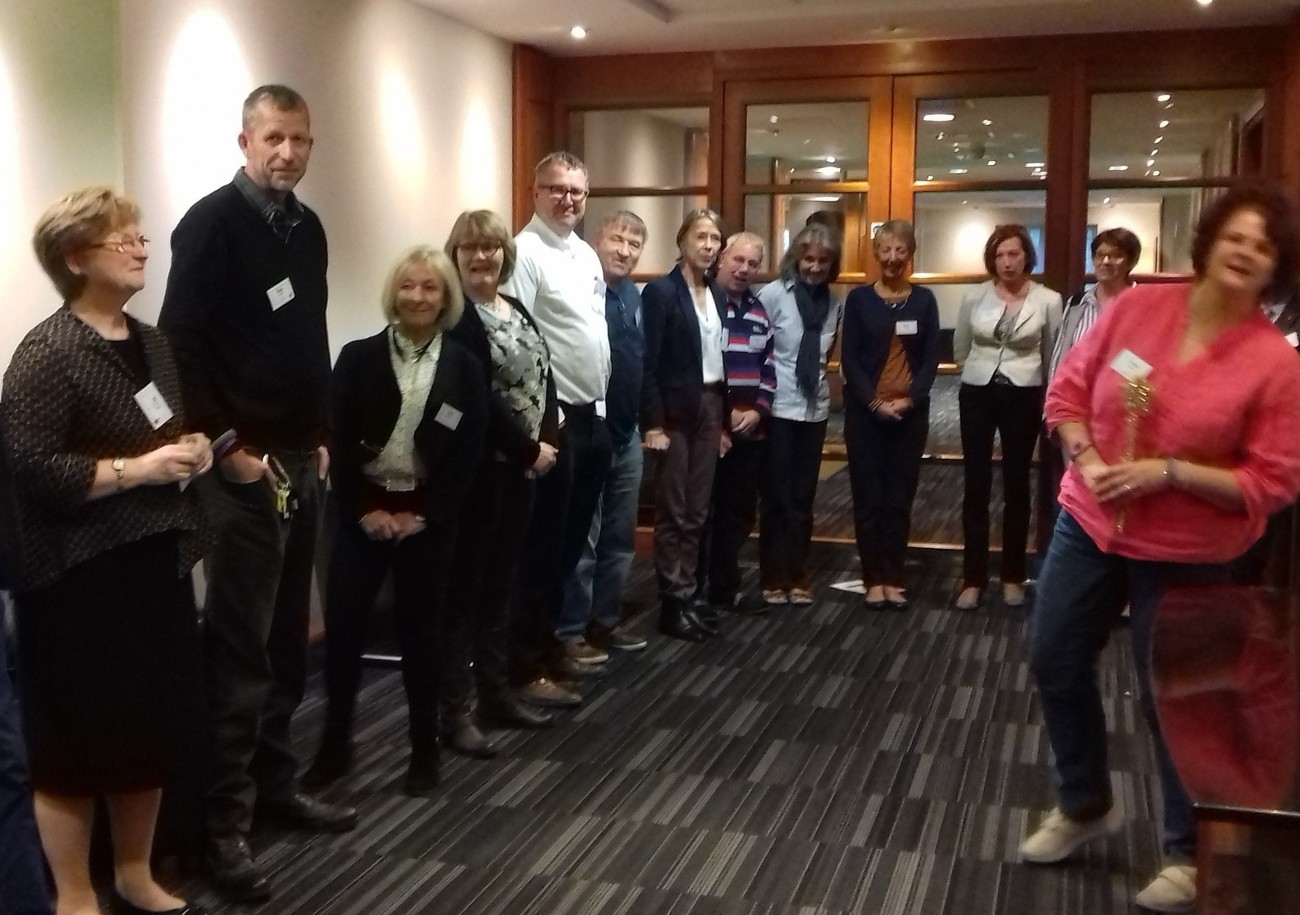

Course Fees
Type of delivery
half day
full day
per place
face to face training
-
£750
-
Training costs include:
Course delivery, training materials, handouts, evaluations and certificates up to 14 participants
Travel & Overnight costs
Travel costs may apply for any booking over 80 miles charged at 45p per mile or actual costs of alternative methods of travel. Overnight costs are based on individual hotel bookings and reasonable subsistence costs dependent on location conditions, applicable at the time.


